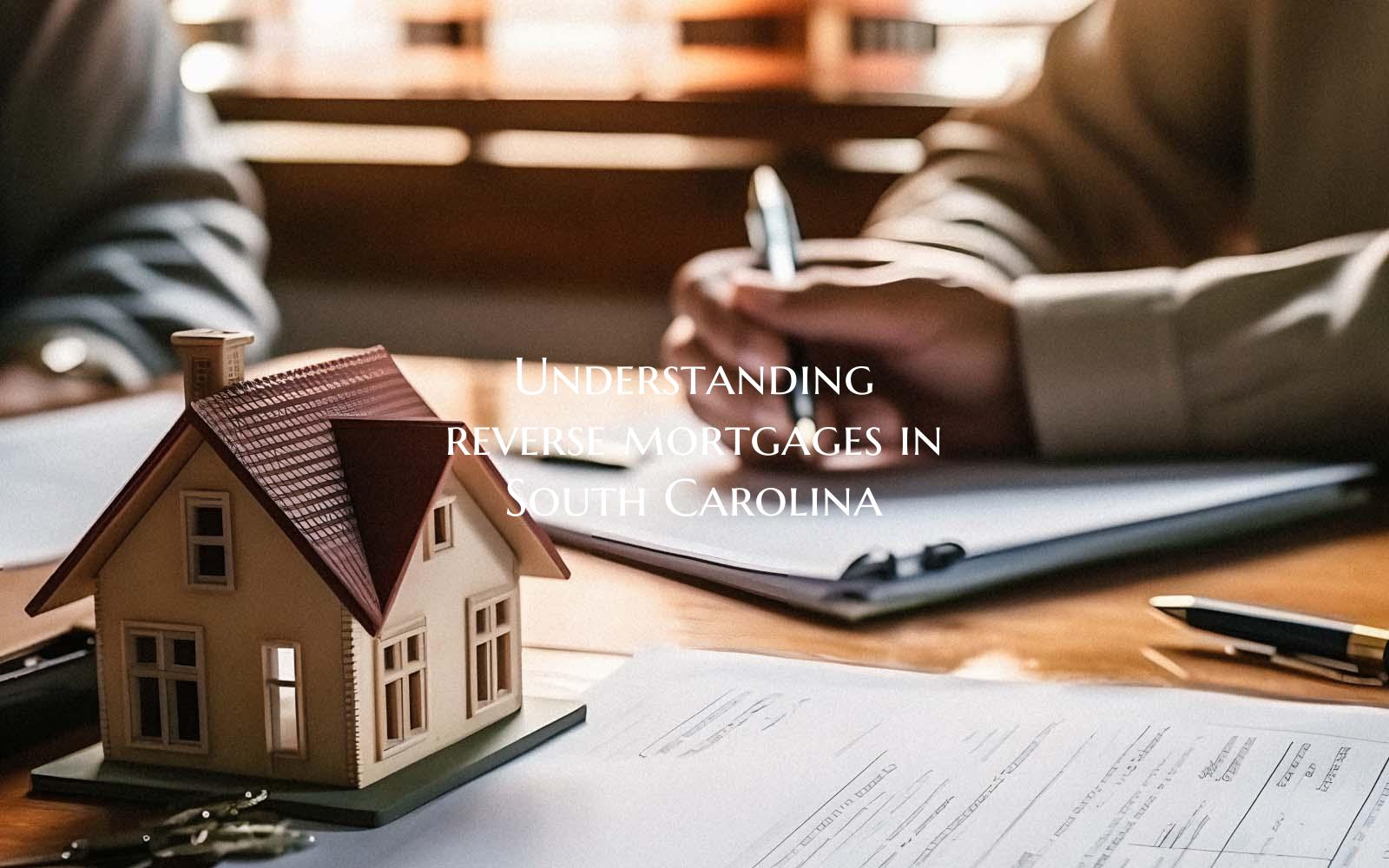Understanding reverse mortgages in South Carolina

A reverse mortgage can be a valuable financial tool for homeowners in South Carolina who are looking to supplement their retirement income or tap into their home equity. In this guide, we will delve into the specifics of reverse mortgages, how they work, the eligibility requirements, and the benefits and considerations for South Carolina residents.
### What is a Reverse Mortgage? A reverse mortgage is a loan that allows homeowners aged 62 and older to convert a portion of their home equity into cash. Unlike a traditional mortgage where the homeowner makes monthly payments to the lender, with a reverse mortgage, the lender makes payments to the homeowner. The loan is typically repaid when the borrower sells the home, moves out permanently, or passes away.
### How Do Reverse Mortgages Work in South Carolina? In South Carolina, homeowners must meet specific criteria to qualify for a reverse mortgage. These criteria include: - Being at least 62 years old. - Owning the property outright or having a low mortgage balance that can be paid off with the proceeds from the reverse mortgage. - Residing in the home as a primary residence.
Once the homeowner qualifies, they can choose to receive the loan proceeds in a lump sum, monthly payments, a line of credit, or a combination of these options. The loan amount is based on factors such as the homeowner's age, the value of the home, and current interest rates.
### Benefits of Reverse Mortgages in South Carolina - Supplemental income: Reverse mortgages can provide a steady income stream for retirees who may need additional funds to cover living expenses. - Financial flexibility: Homeowners can use the loan proceeds for various purposes, such as home repairs, medical expenses, or even to travel and enjoy retirement. - No monthly mortgage payments: With a reverse mortgage, homeowners do not have to make monthly payments to the lender, which can help improve cash flow.
### Considerations for South Carolina Residents - Fees and interest: Reverse mortgages come with fees and interest rates that can vary depending on the lender. It is essential to understand the terms and costs associated with the loan. - Impact on heirs: Since the loan is typically repaid from the sale of the home, heirs may inherit less money or have to sell the property to settle the debt. - Financial counseling: Homeowners considering a reverse mortgage in South Carolina are required to undergo financial counseling to ensure they understand the implications of the loan.
In conclusion, a reverse mortgage can be a useful financial tool for homeowners in South Carolina looking to access their home equity in retirement. By understanding how reverse mortgages work, the eligibility requirements, benefits, and considerations, residents can make an informed decision about whether a reverse mortgage is right for their financial situation.
